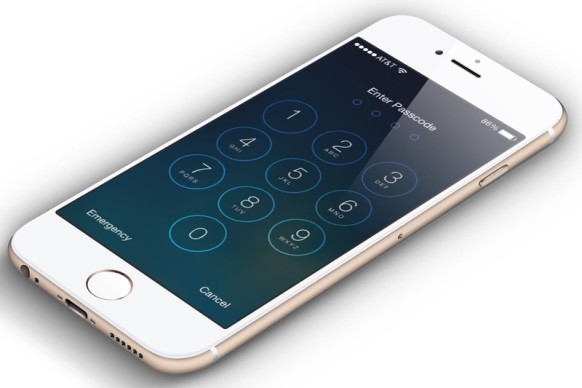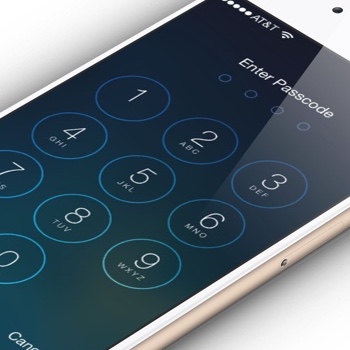The Federal Bureau of Investigation will help Arkansas prosecutors unlock an iPhone and iPod linked to a murder trial. It currently isn’t known if the Bureau will be using the same method it used to unlock an iPhone belonging to San Bernardino terrorist Syed Farook.

Faulkner County Prosecuting Attorney Cody Hiland said the FBI agreed to the request from his office and the Conway Police Department Wednesday afternoon. A judge on Tuesday agreed to postpone the trial of 18-year-old Hunter Drexler so prosecutors could ask the FBI for help. Drexler’s trial was moved from next week to June 27.
Drexler and 15-year-old Justin Staton are accused of killing Robert and Patricia Cogdell at their home in Conway, 30 miles north of Little Rock, in July.
The FBI’s offer of help comes just two days after the Justice Department announced that it had successfully extracted data from shooter Farook’s iPhone 5c. The feds withdrew a motion to compel Apple to assist the FBI in unlocking Farook’s iPhone. Apple had resisted the court order, as it was unwilling to create a software workaround that it said would weaken the security of iOS users around the world.
Authorities haven’t confirmed whether the iPhone in the Arkansas case is the same model as the iPhone 5c in the San Bernardino case, or whether the FBI will use the same method to try to get into the devices. it isn’t know which model of iPod is involved in the case, but it is assumed that the device is running some version of iOS.
It is a bit of a surprise that the FBI will aid officials in the Arkansas trial, as the bureau would likely want to protect the method used to unlock the San Bernardino iPhone. If the method was used in connection with the Arkansas murder trial, or future trials, the method would be subject to open discovery in such trials, and would be made public. This would allow Apple the chance to examine the method, and fix the vulnerability used, applying a patch to its mobile operating system.
“In a criminal case, if the FBI uses a technique, there’s going to be questions about divulging that technique or chain of custody to the defense,” Eric Crocker, Electronic Frontier Foundation staff attorney, told the LA Times. “So my instinct is this might be something different.”


